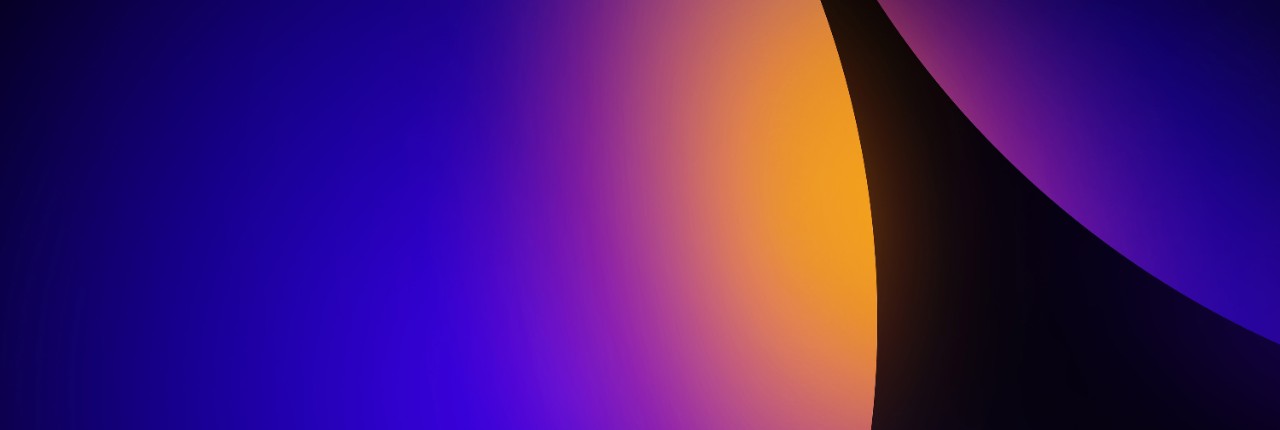
UK: New Prime Minister, same (old) hopes
As expected, Boris Johnson won the Conservative Party leadership contest (92,153 votes or 66%) and became PM of the UK on July 24th. In his first speech, he reiterated his aim: an EU exit on October 31st with or without a deal. In his congratulation letter, EU Council President Donald Tusk gave the impression that Brexit negotiations with the EU will not be easy. Moreover, Johnson has a fragile Parliament majority. The Conservative party has 310 voting MPs out of the total of 639, against 318 from the opposition. Until now, the DUP has been the junior partner in the coalition with Conservatives but Boris Johnson would need to strike a deal with them (notably on the Irish border) in order to continue to count on their 10 seats and have the 320 seats governing majority. As a reminder, the DUP has refused three times to back the deal Theresa May struck with the EU. Johnson wants to scrap the entire Northern Ireland backstop insurance plan, and has said he would not allow checks at the Irish border in any scenario. The risk of early elections by end-September (or a second referendum) has increased. We expect a new Article 50 extension until end-2020.














